The first refined oil project constructed by China National Petroleum Corp in northeastern Thailand that became operational on Tuesday will significantly address the rising demand for, and improve the local supply of, refined oil products in the region, industry analysts said.
With an annual oil transmission capacity of 6 million metric tons, the strategic energy project which passes through five provinces has a 342-kilometer-long pipeline, including a new refined oil pipeline and supporting pumping stations, valve rooms and tank farm terminals, CNPC said.
The project will greatly enhance the delivery efficiency of refined oil products in the region and better connect Thailand with neighboring countries, according to CNPC, the largest oil and gas producer and supplier in China.
China, whose technology for refining oil products is among the best in the world, has been actively involved in overseas refining projects in recent years, especially in countries and regions involved in the Belt and Road Initiative.
More Chinese enterprises are participating in such projects overseas and this is beneficial for both Chinese companies as well as local markets, said Lin Boqiang, head of the China Institute for Studies in Energy Policy at Xiamen University.
According to Tang Sisi, an analyst at research firm BloombergNEF, China overtook the United States last year to become the world's largest refiner. With domestic refining capacity and oil demand nearing their peaks, Chinese refiners have been looking to expand overseas, she said.
"Southeast Asia has become one of the most sought-after regions," said Tang. "Thailand is one of the fastest-growing countries for oil demand in the Asia-Pacific. In 2022, the country consumed over 3,000 barrels of oil per day for every $1 billion of GDP output. This is about three times the intensity level of China," she added.
China was tops in oil refining capacity in 2022, at 924 million tons, or 18.5 million barrels per day, according to the China Petroleum and Chemical Industry Association.
Fu Xiangsheng, vice-president of the association, said domestic refining capacity in China is expected to grow this year, as the government has approved several new projects, including construction and expansion projects by private enterprises and joint ventures with foreign companies and wholly foreign-owned large projects.
China's production capacity has also been optimized, with the nation putting in place an advanced refining capacity of 20 million tons per year, while phasing out 7.4 million tons per year in outdated capacity, data released by the Economics and Technology Research Institute of CNPC showed.











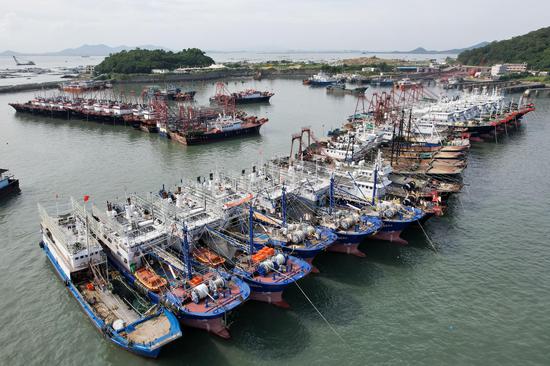



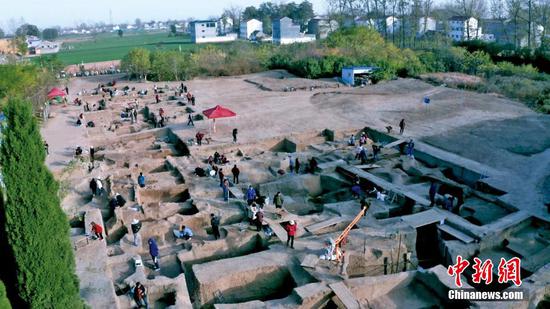














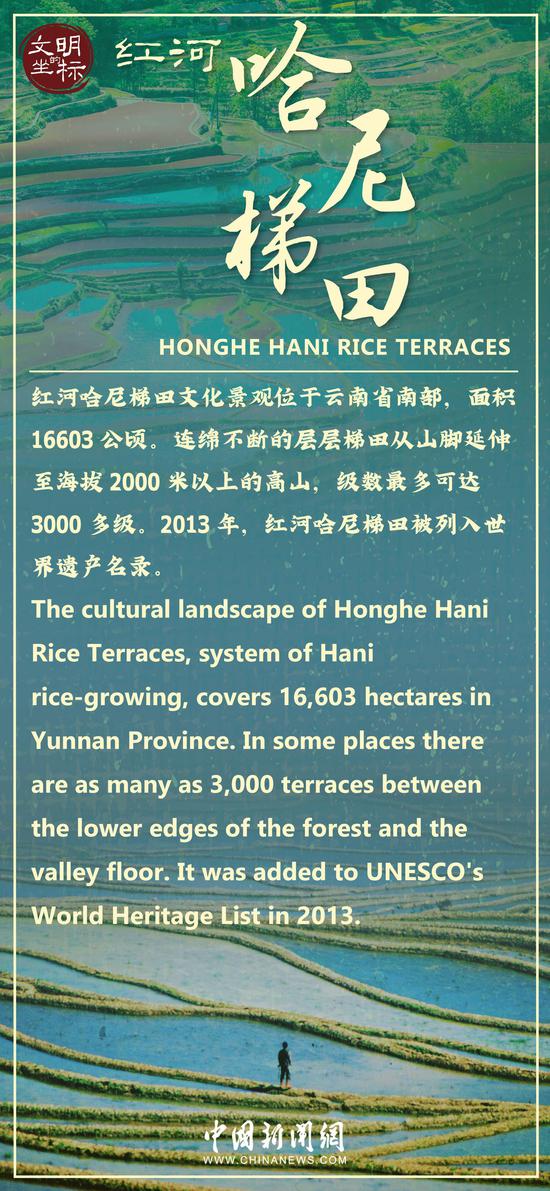


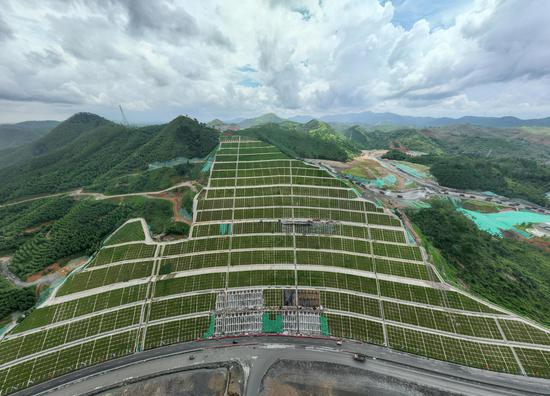
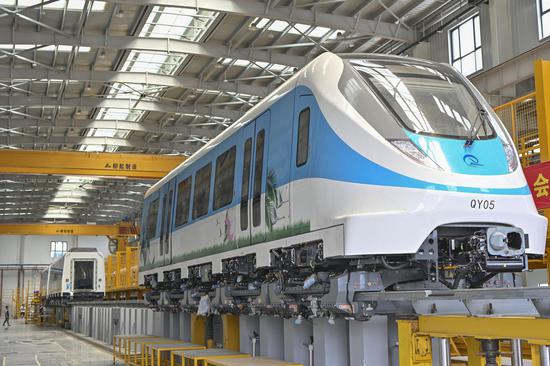





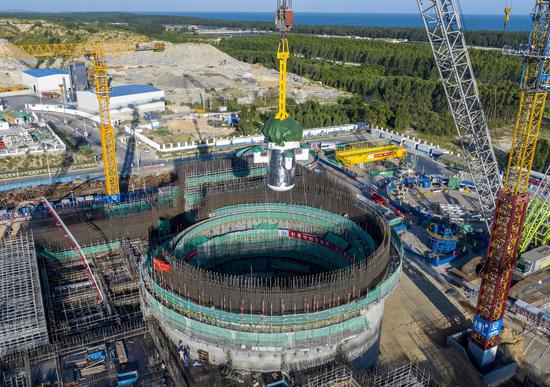

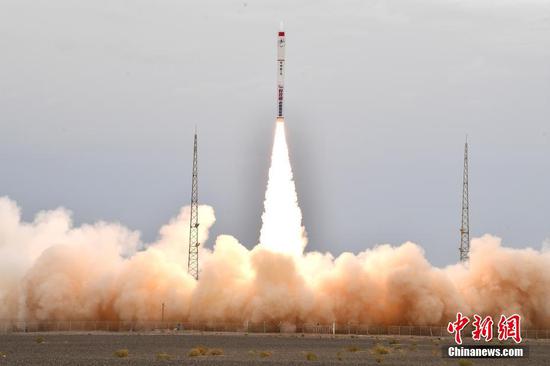

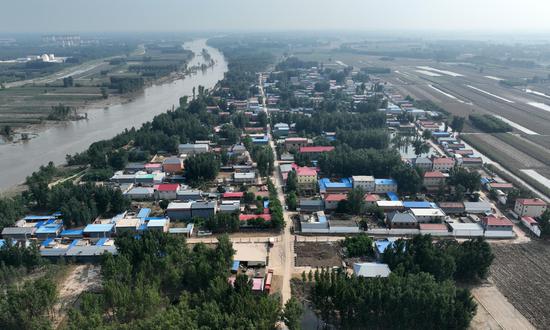





 京公网安备 11010202009201号
京公网安备 11010202009201号